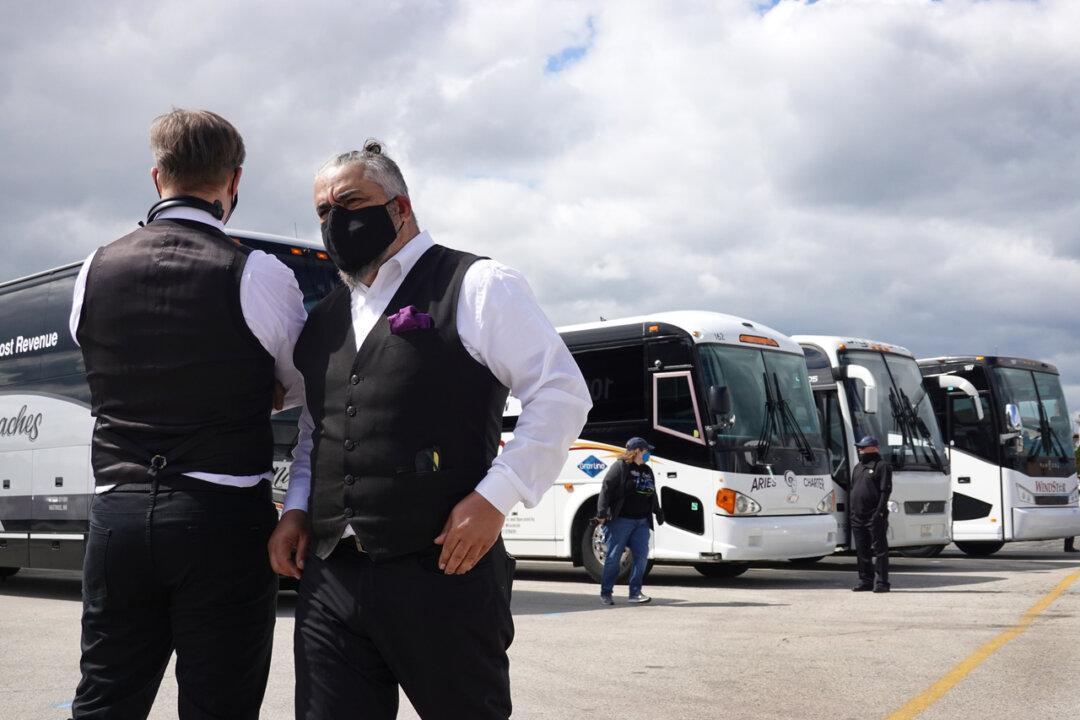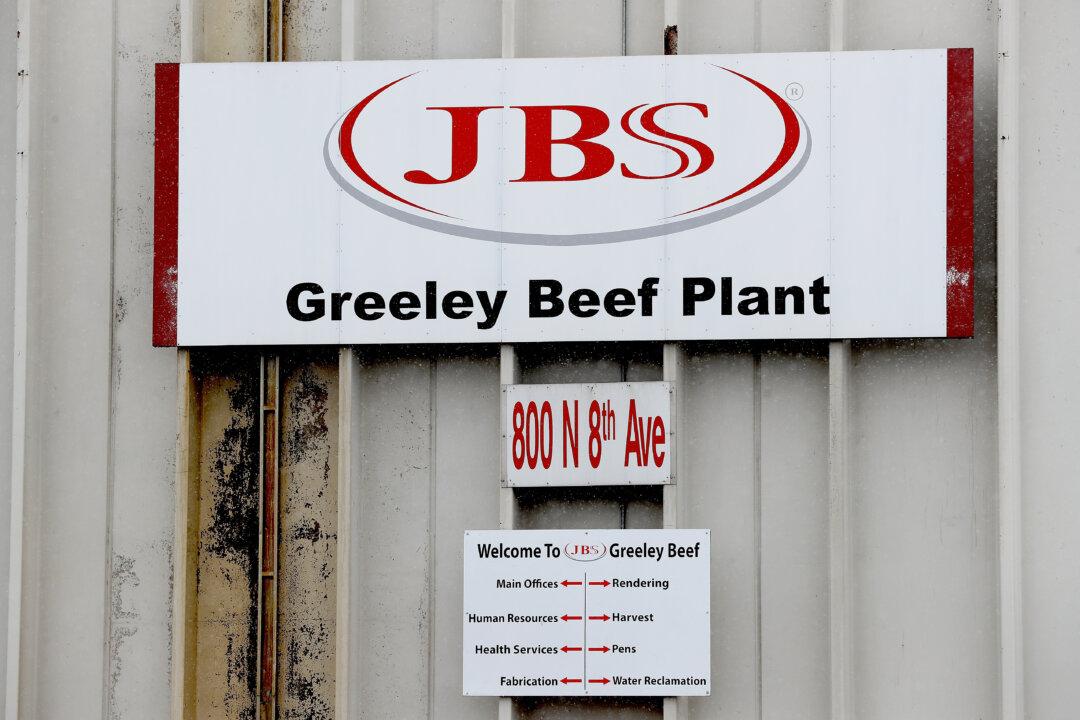The American Bus Association (ABA) estimates that the U.S. motorcoach industry will experience an economic loss of $11 billion due to the CCP virus crisis, as a 71 percent annual decline in business hammers what the ABA says is the most economic and most environmentally responsible form of inter-city travel in the United States.
According to ABA President & CEO Peter Pantuso, the U.S. motorcoach industry is also a critical strategic asset that the country can not afford to see fail, with the industry providing just under 600 million passenger trips per year, or slightly less than U.S. commercial airlines.





